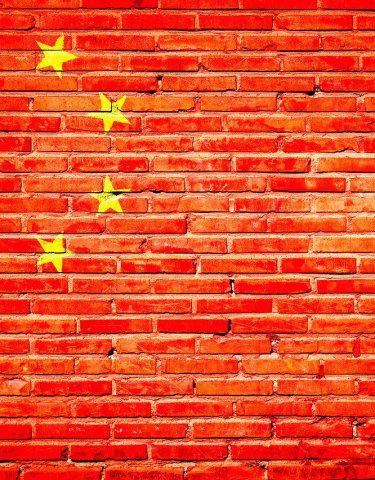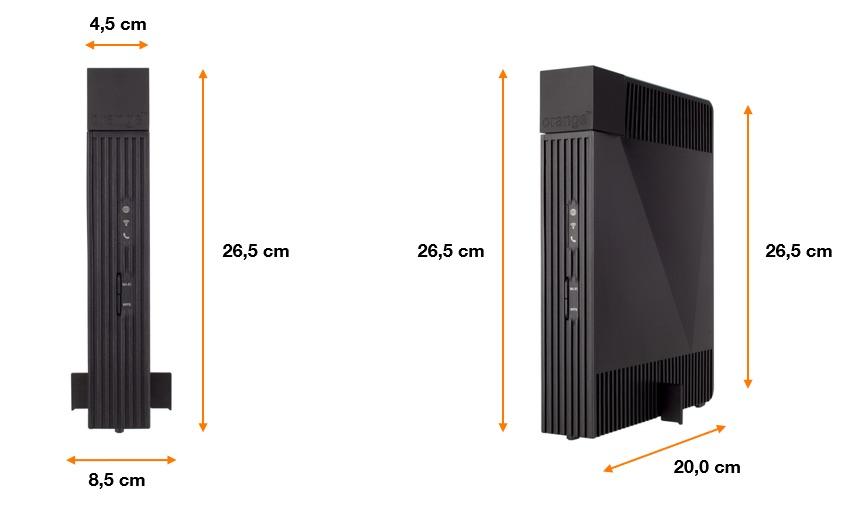After the scandal related to the fact that Xiaomi spies on users, I noted that although theoretically Trump could use this as an excuse to ban another Chinese company, such a tool is an element of politics, not cybersecurity. As you can see, Trump did not need a reason or an excuse, and in the final days of his term of office a military ban was imposed on Xiaomi. And while this does not mean that the company's products will not be available with the Google system, as is the case with Huawei, the ban on the company from Shenzhen was also military at the beginning. This means that such plans are also in relation to Xiaomi. Unfortunately, we have lived to the time when one country, wishing to pursue its own national interests, may affect the global supply of a product created at the other end of the world. For if Joe Biden does not radically change the course chosen by his predecessor towards China, we can expect that the "banhammer" will strike again. It just so happens that Huawei and Xiaomi are not the only major global players from the Middle Kingdom.
I don't want to carry out complex analyzes of how the economy is affected by the ongoing trade war right now. However, when it comes to smartphones, one single decision can shape the entire market. Over the last year, we could observe a really aggressive fight by Huawei to keep at least some of its customers. Biden's win gives any hope for changes, but making up for the losses will be really difficult. The question is - what will the market look like if these changes do not occur and the new president continues the policy of his predecessor? The first collapse would of course take place when the ban on cooperation with American companies would also fall on Xiaomi.
The main problem here is that in the case of the mid-range, Chinese companies reign supreme and if (hypothetically) Xiaomi, Redmi and POCO were to be deprived of the ability to produce Android phones overnight, other brands from China would take their place. Oppo is already the 5th producer in the world in terms of sales, realme is 7th and we also have OnePlus and Vivo. All of these brands are owned by BBK Electronics. So if the USA really wants to get rid of the "Chinese problem" for a while, it would have to ban BBK Electronics, which is behind all the above brands, together with Xiaomi. And that, in my opinion, would cause the smartphone market to collapse. Consumers simply wouldn't have much to choose from.
Yes, the iPhone may be the most popular smartphone in the world, but in general (data for Q3 2020), Chinese companies had 52 percent. the global smartphone market, not including companies listed as "other". Of course, these statistics also include sales in China itself, which significantly boosts these statistics. High sales in the country, however, give these companies a very large capital, and they use it by entering new markets. Only in 2020 alone, Vivo and realme appeared in Poland, as well as Chinese TCL. The Chinese are also behind many non-Chinese brands, such as Motorola (which Lenovo stands for) or the French Wiko (bought by Tinno). So if the United States wanted to completely eliminate competition from the game, it would de facto have to lead to a situation in which the smartphone market is dominated by a duopoly of Apple and Samsung, with a small admixture of LG and two smartphones from Nokia.

There would be a breach in the market, which neither of these companies would be able to provide, because in the category of phones for ~ 1000 PLN (i.e. the most popular among consumers), none of these companies present competitive solutions today, or simply - they do not exist. Perhaps LG could come up with a proposal, which will outsource the creation and production of the cheapest models, but this does not change the fact that, as a result of such a policy, the prices of smartphones will inevitably soar. Just see the list of the cheapest flagships and the cheapest 5G phones to see what is the current cost difference between Chinese brand devices and the rest of the world. I do not even mention here that the development of the 5G network will stand still, because Chinese companies are largely responsible for building the infrastructure.
It is also worth noting at this point that the cut from the market was so painful for Huawei, because in the US and European countries it is impossible to sell a phone without Google services. Or rather you can, but it is hellishly difficult. All because these services are used by everyone, and institutions such as banks do not make their Android applications available outside of Google Play. However, if the ban would actually cover a large part of Chinese companies, this could lead to a situation where GMS phones will be in a global minority. An alternative to the banned ones may be joining the Harmony OS created by Huawei. As far as we have only announcements of its bright future, it is possible that in the event of such drastic market changes, the Chinese OS may become a force that everyone will have to take into account. Remember that Huawei's plans assume making the system available for many already existing smartphones. If the same happened in the case of Xiaomi, Oppo or realme smartphones, HarmonyOS could in a short time (though of course not immediately) become even the most popular operating system in the world.
A separate issue is the hardware problem. While it is possible to create your own OS, producing a processor or a RAM module requires technologies and patents that are currently in the hands of American corporations. And with the help of a properly structured law, you can manage their trade relations in such a way that Chinese companies have to dance as they play. Of course, in the case of a broader ban, the demand for alternatives will be much greater, and as you know, where is the demand, and where is the supply (Mediatek?). However, at this point it is not known of any plan to jump over the hardware limitations.
Fortunately or unfortunately, but in the case of the debate on the global competition on the smartphone market, European countries can at most be passive observers. While most countries have their own brands (such as the Polish MyPhone or Manta), most of them are limited to their niche and focus more on stable operation and is not a competition for powerful companies with extensive R&D. This is one of the reasons why we will probably never see a Polish phone with Snapdragon 8xx. Of course, one might wish that significant restrictions for Chinese producers would trigger a resurgence of European producers, but such a scenario is very questionable for me. This is clearly shown by the example of Nokia, which had a great start, but when the first wave of nostalgia passed, the company began to lose momentum, losing mainly by specifications.
I'm not an amazing fan of Chinese companies just because they're Chinese. It must be admitted, however, that this is where both the best price-quality ratio and the most smartphone novelties come from. For all those who at this point say "yes, but it's all at the expense of human rights violations" - I would just like to remind you that non-Chinese companies (like Apple) also use Chinese-origin components and assemble their phones in ChrL. In fact, Apple has been lobbying not so long ago against a law that would prohibit the import of goods made from Xinjiang Province, where forced labor is used. So there is nothing to believe that a ban for Chinese brands will improve anything in this matter. The effect of the ban will be something else - less innovation, higher prices of the devices themselves with an incomparably less competitive specification and definitely greater market uncertainty. In addition, you have to take into account that China will not remain passive, banning Western corporations in retaliation (as in the case of Ericsonn). It is possible that the Middle Kingdom may, in retaliation, close its factories, for example for Apple. Such an escalation may lead to a situation in which a smartphone, which for many people replaces all devices, including a computer, may become a luxury good.


